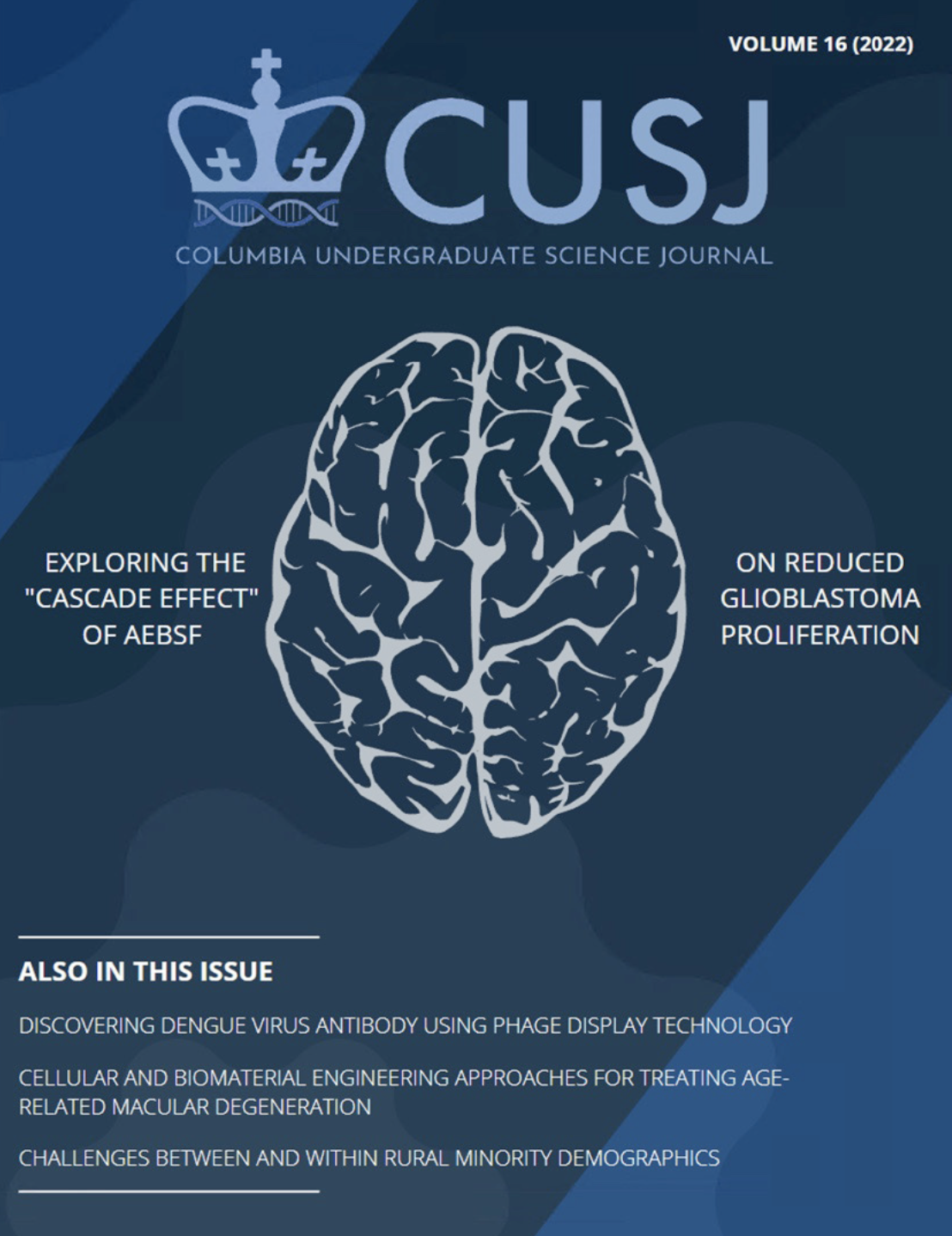Abstract
Rural minorities in America are in poorer health compared to other demo-graphics, as illustrated by deficits in several health metrics. Such deficits are great in magnitude and temporally persistent. Furthermore, the unrecognized diversity of rural areas means that these deficits affect a larger proportion of rural areas than convention-al stereotype dictates. This review analyzes existing research to characterize the health of rural minorities, focusing on specific challenges and elucidating recurring themes that arise within and between minorities. Specific demographics were chosen for in-depth analysis based on prominence in nonmetropolitan areas, utility as case studies, and availability and quality of research. Population-specific analyses delineate themes that apply across demographics as well as challenges specific to each group, revealing the complexity of rural minority health. Analysis elucidates some key themes surrounding rural minority health. The invisibility of these demographics underlies many surface-level issues such as ineffective interventions and the underfunding of health organizations. Social context also plays a great yet underappreciated role in health, lending complex-ity to this issue through unique demographic-specific challenges. Above all, knowledge gaps are one of the most impactful and long-staying factors affecting rural minorities, impeding solutions and promoting disparity through ignorance on the part of both policy-makers and providers.

This work is licensed under a Creative Commons Attribution 4.0 International License.

